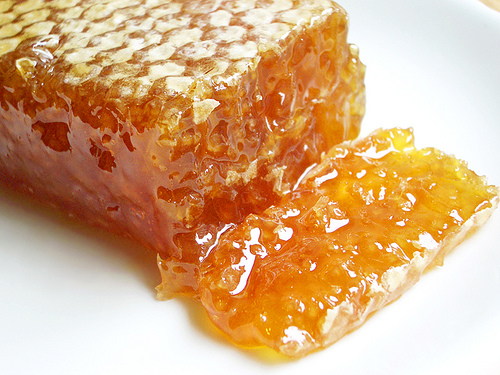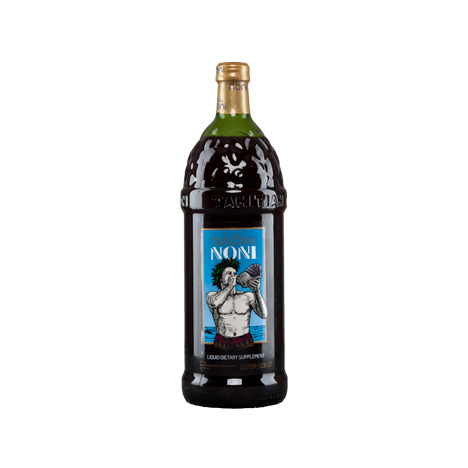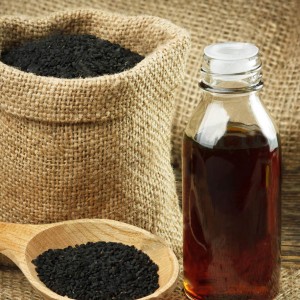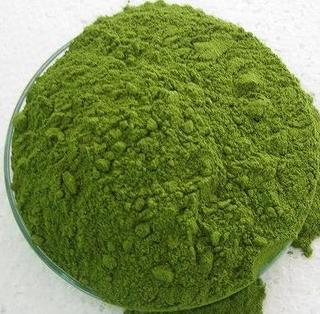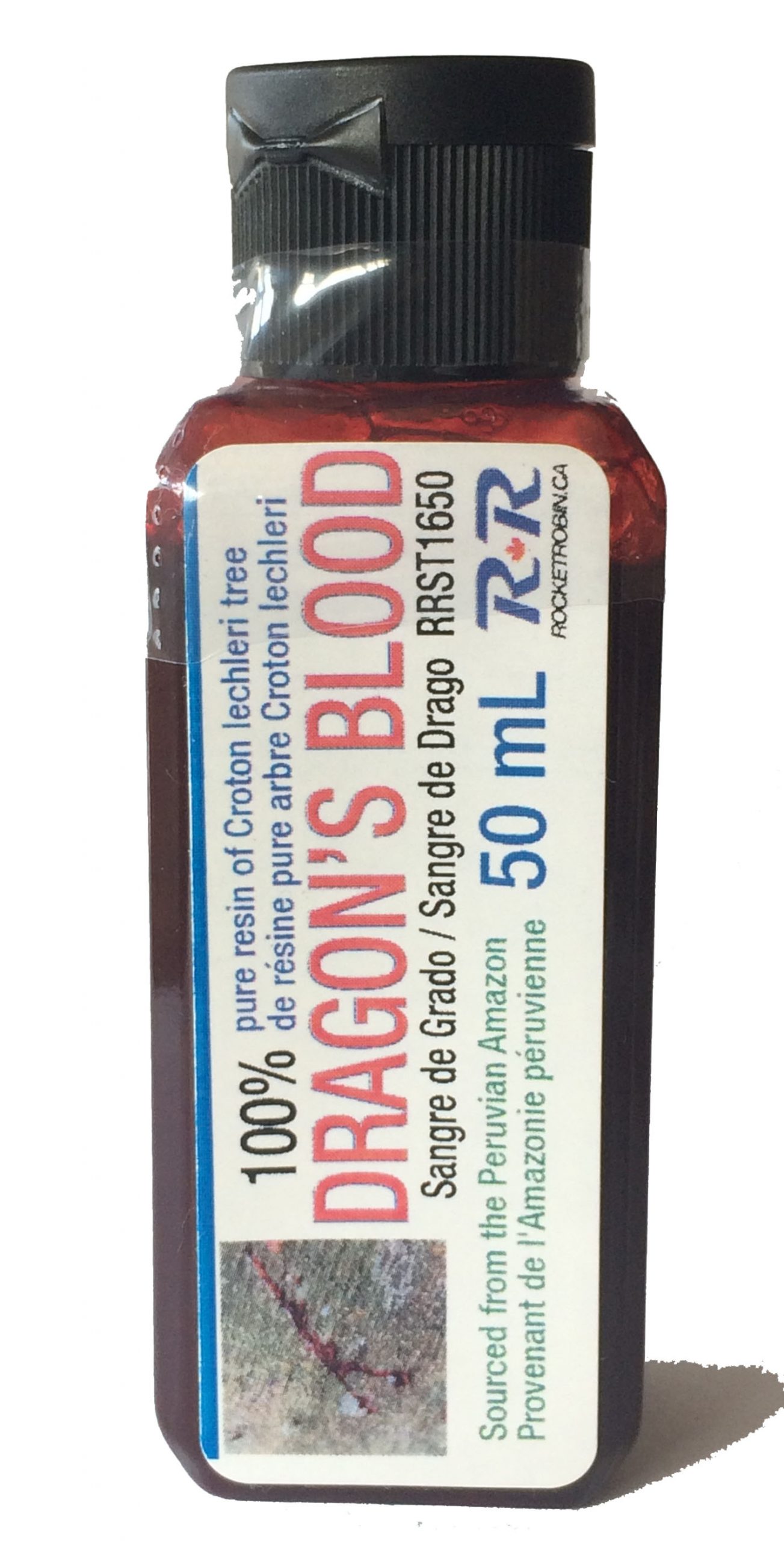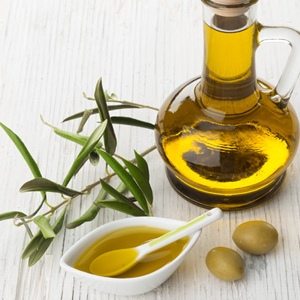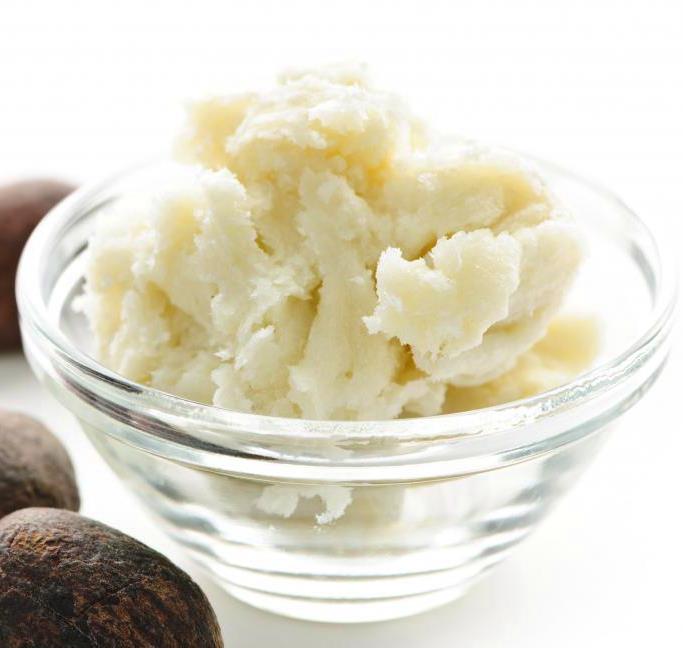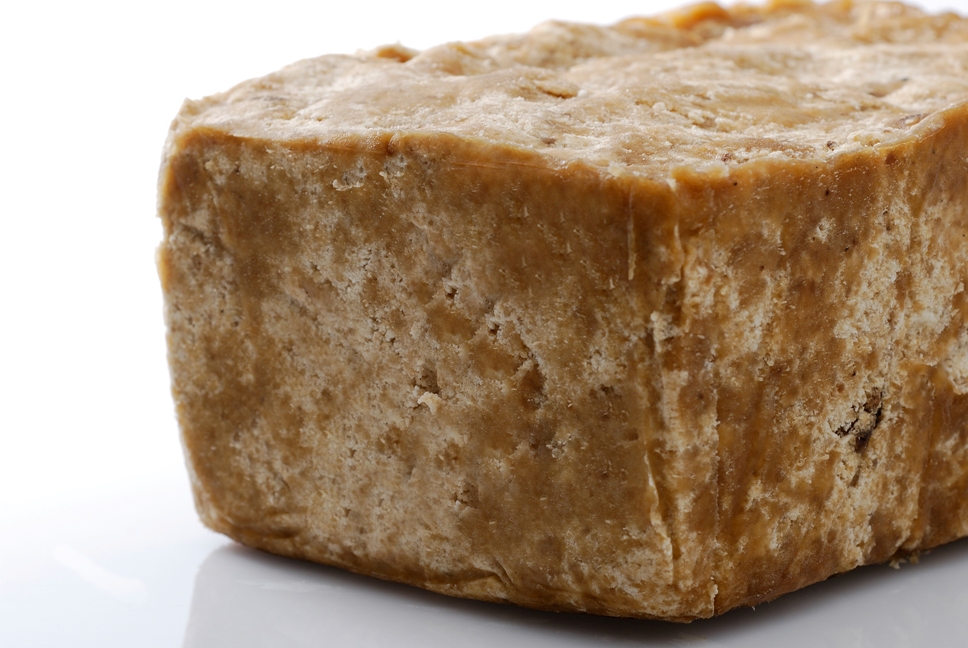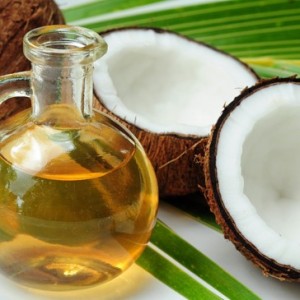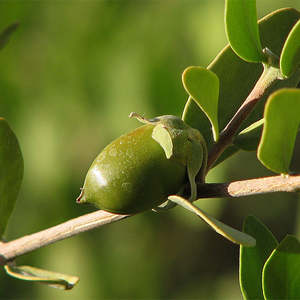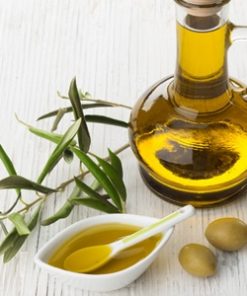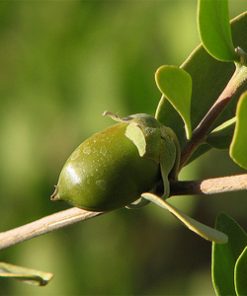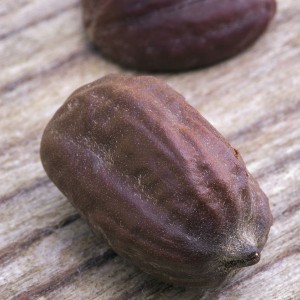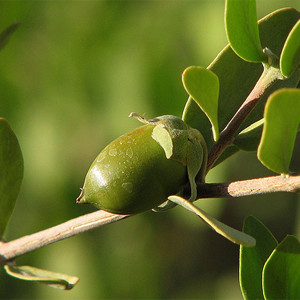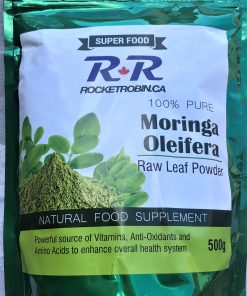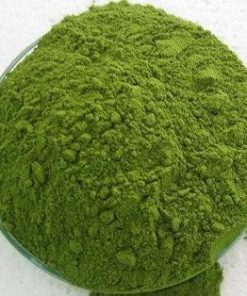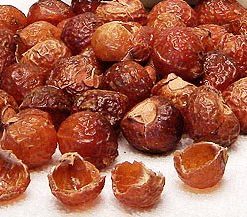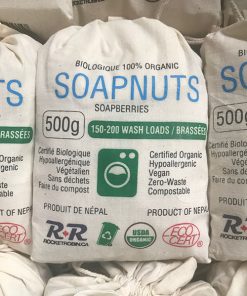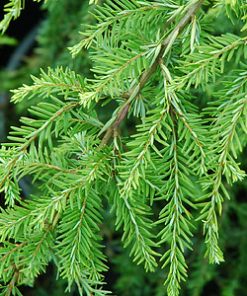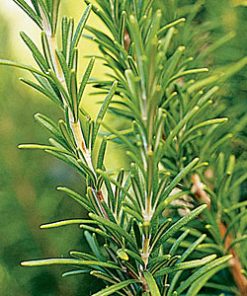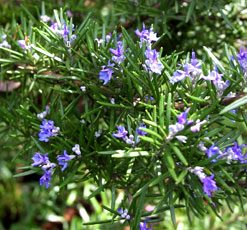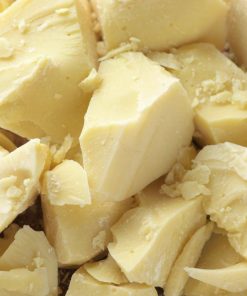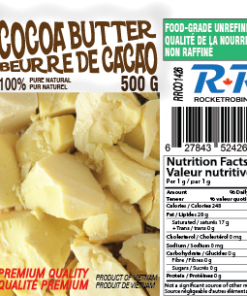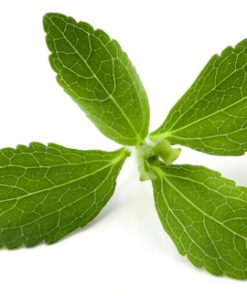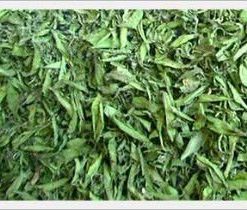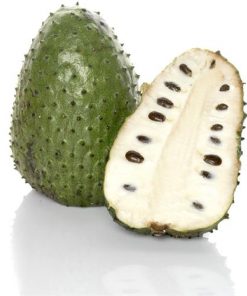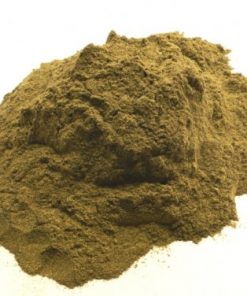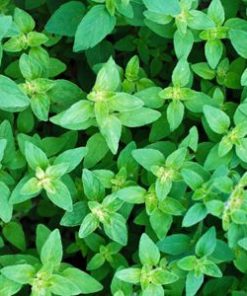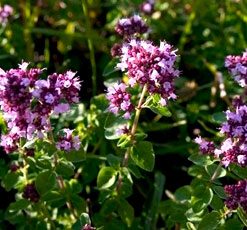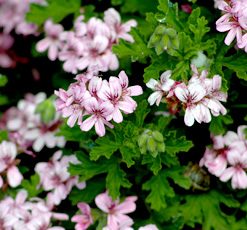Description
Jojoba Oil
Jojoba Oil, 100% pure from the American Southwest. Jojoba (Simmondsia chinensis) (also known as goat nut, deer nut, pignut, wild hazel, quinine nut, coffeeberry, and gray box bush) is a shrub which is native to the Sonoran, Mojave and Baja California deserts of Arizona, California, and Mexico and the southernmost portion of the California Floristic Province. It is the sole species of the family Simmondsiaceae, placed in the order Caryophyllales. Jojoba is grown commercially for its oil, a liquid wax ester, extracted from the seed.
Jojoba Oil is a carrier oil but also provides numerous healing benefits!
Despite its scientific name Simmondsia chinensis, Jojoba does not originate in China; the botanist Johann Link, originally named the species Buxus chinensis, after misreading a collection label “Calif” as “China”.
It was the Native Americans who discovered the importance and versatility of jojoba. During the early eighteenth century Jesuit missionaries in Baja observed them heating jojoba seeds to soften them. They then used pestle and mortar to create a salve or buttery substance. The latter was applied to the skin and hair to heal and condition. Native Americans also used the salve to soften and preserve animal hides. Pregnant women ate jojoba seeds, believing they assisted during childbirth. Hunters and raiders munched jojoba on the trail to keep hunger at bay.
Jojoba is endemic to Northern America and occupies an area of approximately 260,000 square kilometers (100,000 sq mi) between latitudes 25° and 31° North and between longitudes 109° and 117° West, which is approximately the area covered by the Sonoran Desert.
The name “jojoba” originated from O’odham Hohowi. The O’odham people, from the Sonoran Desert in the southwestern United States, treated burns with an antioxidant salve made from a paste of the jojoba nut.
Jojoba is grown for the liquid wax (commonly called jojoba oil) in its seeds. This oil is rare in that it’s an extremely long (C36–C46) straight-chain wax ester and not a triglyceride, making jojoba and its derivative jojoba esters more similar to human sebum and whale oil than to traditional vegetable oils.
Jojoba oil is interesting for the industry because it is odorless and it has a viscosity which is temperature-independent. Applications vary from engine lubricating oil to cooking oil. Jojoba wax is used predominantly for pharmaceutical compounds, specially for skin products. After polymerization factice can be used for rubber production. The use as biodiesel fuel is becoming more and more important
BENEFITS
Jojoba has a surprisingly long shelf life, so it can sit on your shower shelf for years! Jojoba oil, (pronounced “ho-ho-ba”), is golden-coloured liquid wax that is extracted from the seed of the jojoba plant, a woody shrub that covers 40,000 acres of desert in the southwestern U.S.
One big bonus is that it contains almost all of the vitamins and minerals essential for healthy skin and hair: vitamin E, B-complex, copper, zinc, selenium, iodine, and chromium. And it’s even gentle enough to be used on sensitive skin without causing allergic reactions. Jojoba oil is also a miracle worker as it mimics the activity of your body’s natural oils.
Face moisturizer
Consider using jojoba as your daily or overnight facial moisturizer. The oil may initially leave a slight sheen, but just blot away residual oil to reduce excess moisture. Use 4-6 drops on your skin for a daytime moisturizer, increase the amount for an overnight hydrating skin mask, or try it out as a lip balm!
Hair conditioner
Replenish moisture and improve the texture of your hair with jojoba. The oil is great for dry scalps and will get rid of dandruff. Use it to add shine and naturally soften your hair, or in place of an anti-frizz product to manage unruly hair.
Facial cleanser
Similar to coconut oil, you can use jojoba as your daily face wash. Apply a few drops onto dry skin, let it set, and then simply rinse your face with water. This process will clear away all the impurities that the oil extracts from the surface of your face and neck.
Scar and stretch mark minimizer
Unsightly skin issues including scabs, scars, and stretch marks may be reduced by massaging the vitamin-E rich oil into the problem areas. Plus, it may speed the healing process of wounds and cause scars to fade over time.
Anti-acne gel
Get clearer skin thanks to jojoba’s anti-microbial properties. Jojoba contains iodine, which may fight harmful bacteria growth that causes pimples, blackheads, and breakouts.
Cuticle oil…
For at home mani-pedi’s, use jojoba as a natural alternative to cuticle oil.
…and foot cream
And then spread a few drops on the bottoms of your feet post-bath to soften any dry or cracked areas!
Anti-fungal cream
Jojoba can make your feet beautiful again. Athlete’s foot infections, warts, and toenail fungus don’t stand a chance against this oil’s natural anti-fungal and anti-inflammatory properties.
Anti-aging serum
Trust the powerful antioxidants in the oil to help smooth fine lines and wrinkles. Apply a few drops with a cotton ball and dab it around your eyes, mouth, and neck to achieve a more youthful glow.
Sunburn relief lotion
The oil has long been used in ancient medicine to treat sunburn, heat rash, and other minor skin irritations. It may make you more comfortable and will reduce flaking and peeling of the skin.
Makeup remover
Waterproof mascara and liquid liner wipe away with ease when you use jojoba as an eye makeup remover. It may also be helpful for clearing away foundation, powders, and stubborn lip and cheek stains.
Body lotion
Try jojoba oil out in lieu of your regular body moisturizer. Apply a few drops of the oil right after a bath or shower. Lock in the hydration benefits by adding a layer of a natural cream, such as shea or cocoa butter, over the jojoba oil. This will also reduce winter itch and chapped skin, since the anti-inflammatory properties of the oil work to reduce dryness and irritation.
Shaving gel
Apply the oil onto your legs to soften the skin and provide a smooth landing for your razor. The liquid wax makes for an easy shave and you’ll escape the pains of razor burn and skin redness.
Hair regrowth serum
Jojoba oil may unclog hair follicles, which can in turn reduce hair loss and promote more hair growth. The oil’s antioxidant qualities may also help protect your scalp and hair from breakage, split ends, and future damage.
De-Tangling Cream
Speaking of hair, if yours is pretty knotty, dry, or super curly, try adding a couple drops of jojoba oil onto your towel-dried tresses. You’ll be able to get a comb through your locks, and they’ll be much more manageable.
TRUST ROCKET ROBIN
Rocket Robin is proud to be your supplier of truly natural products with simple ingredients in support of your family’s health and well-being.
Additional information
| Weight | 0.2 kg |
|---|---|
| Dimensions | 10 × 10 × 5 cm |
| Volume | 30 ml, 60 ml, 100 ml, 250 ml |

